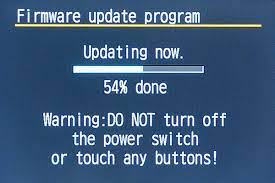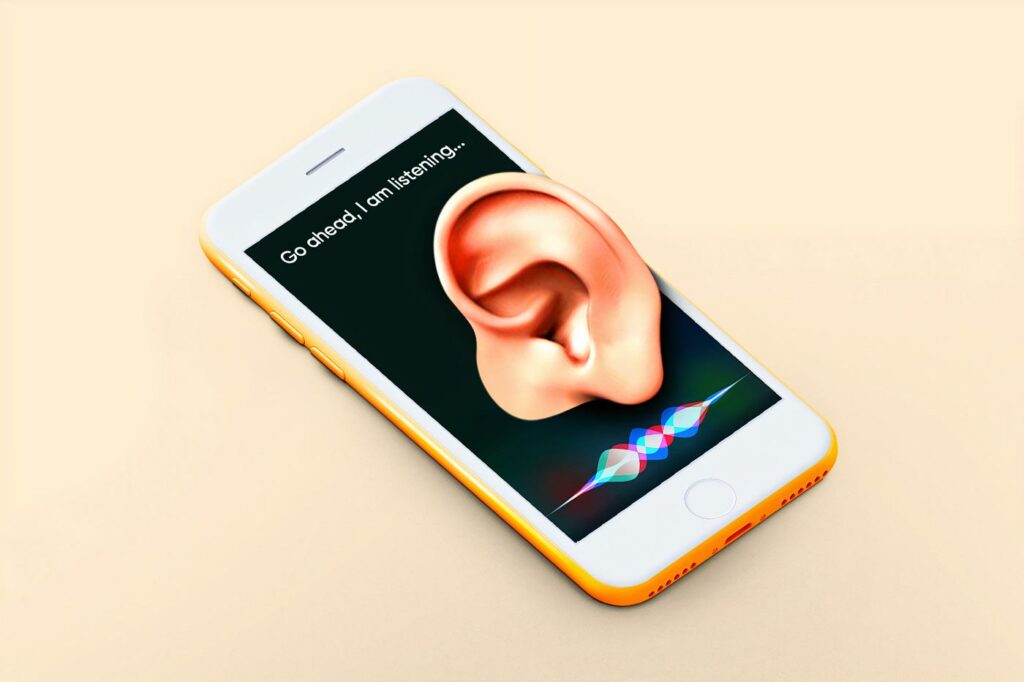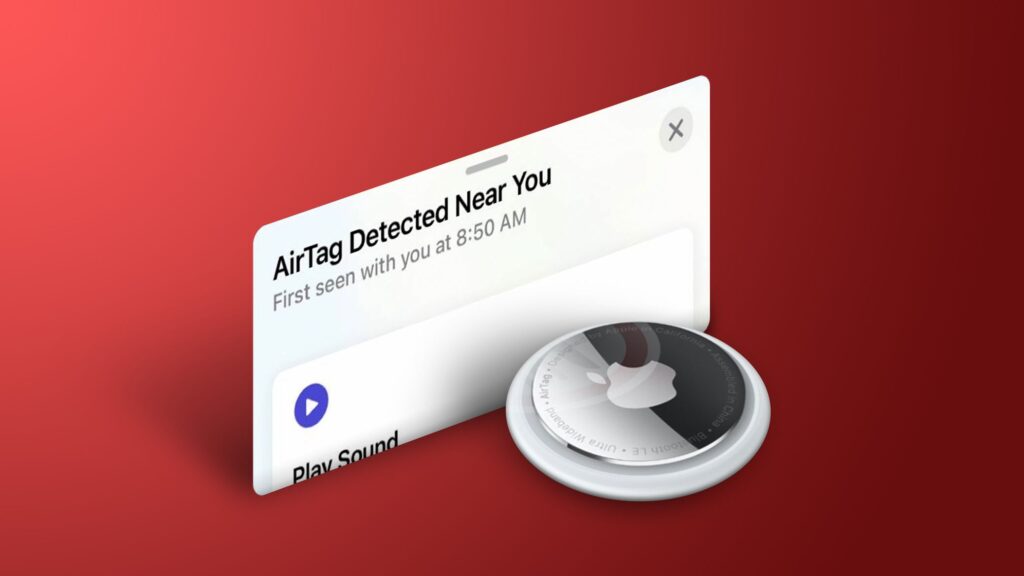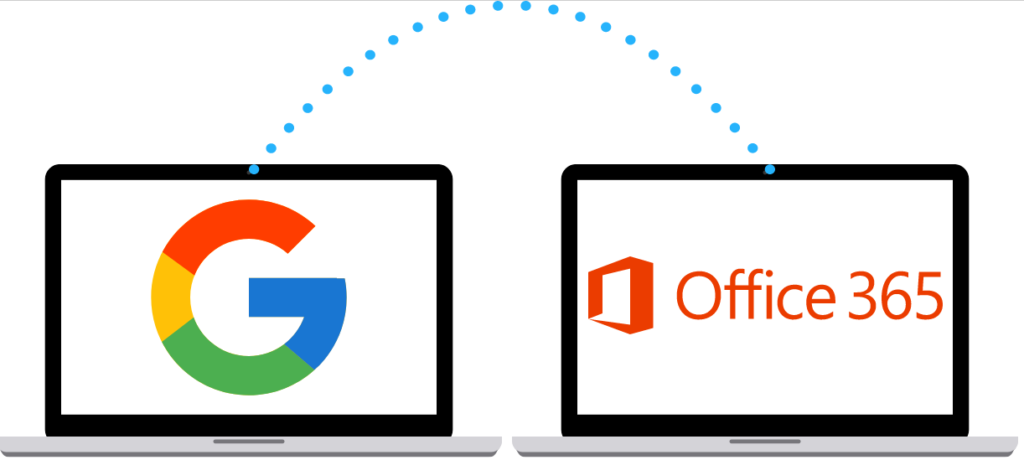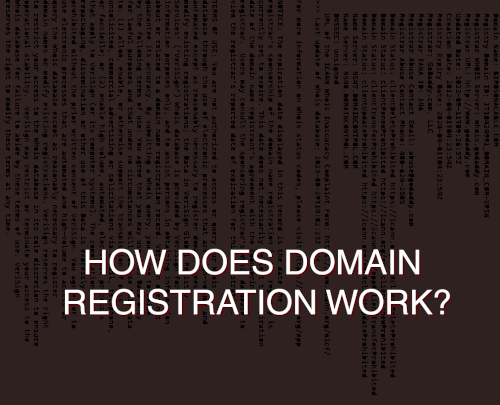Those Damn Firmware Updates!
Updates, updates, updates! Do they ever stop? Do I need to install them? Don’t they always pop up during the most annoying times? These are some questions I commonly hear from clients about firmware updates. Here’s a little more insight into what is happening and why they are important.
Before we get into the importance of firmware upgrades, we need to understand what firmware is and its role in overall device functionality. Firmware is a sort of software that is integrated within the hardware of electrical devices. Firmware, as opposed to standard software that runs on an operating system, is intended to operate the device’s specialized hardware components. It connects a device’s hardware and software, allowing them to function together. Think of it as getting maintenance on your car, like an oil change.

